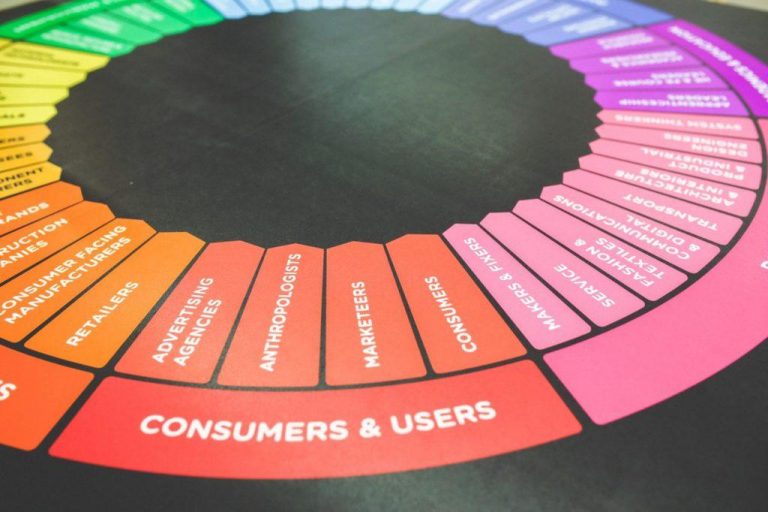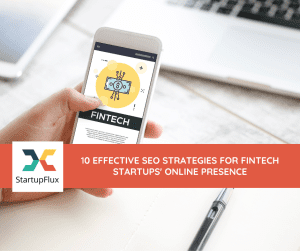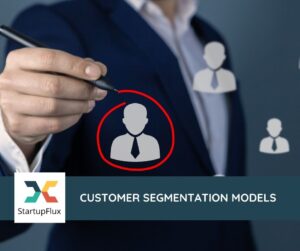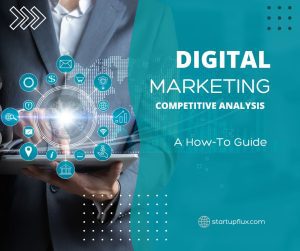With the dawn of the 4th Industrial Revolution, a fusion of technologies has come to the forefront, blurring the lines between the physical and the digital worlds. This era, marked by technical breakthroughs in several fields, including the Internet of Things (IoT), artificial intelligence and robotics, has also broadened the horizon of possibilities and widened the scope for innovations that have the capacity of transforming the way the market engages and communicates with customers.
The use of artificial intelligence to automate marketing intelligence is one such emerging development that is radically changing the way in which consumers are interacting with brands. That being said, the ambit of artificial intelligence is large; it covers a wide range of technologies, such as machine learning and image and voice recognition. Any technology that can mimic the “cognitive functions” of the human brain can be termed as artificial intelligence.
In recent times, the artificial intelligence technology has gained significant traction in the marketing intelligence space with retailers all across the world using some form of artificial intelligence to enhance the customer experience. However, it should not be forgotten that this special bond between marketing and artificial intelligence revolves around one important parameter: “data” and how well the power of data is leveraged to gain useful insights into customers’ preferences. We have listed below some of the most in-trend and practical applications of artificial intelligence in marketing that can help marketers use data-driven insights to drive better customer numbers.
Read about : Characteristics Of A Scalable Business
Artificial Intelligence derived Consumer Behaviour Patterns
Artificial intelligence is helping marketers understand consumers and their preferences better. According to Statista, an internet user, on an average, spends 135 minutes per day on social media platforms. Consumers leave online footprints every time they use the Internet, and their online searches and conversations can be analysed to gain an in-depth understanding of their preferences and needs. With the help of deep learning algorithms, brands can predict the behaviour of consumers displaying ads that are of the most interest to their buyers. For example: Based on a user’s Facebook “likes”, marketers can display ads that are the most likely to engage the user, thereby leading to better Return on Investment (RoI) and optimisation.
Artificial Intelligence powered Customer Personalisation
Personalisation is the keyword when the subject of concern is the customer experience. Marketers analyse billions of data points, including locations, demographics, devices and viewed content, to create a personalised digital experience for customers, displaying relevant content and utilizing push notifications to deliver the right message at the right time, on websites and social media platforms. These days, consumers are so used to personalised digital feeds, they expect all brands to offer the same. According to a research survey conducted by Evergage and Researchscape International, 88% of the respondents said that their prospects and customers expect a personalised experience. There are several artificial intelligence powered technologies that collect user data to make customer-specific predictions, forecasts and offers and provide an enriched customer personalisation experience.
Read about: Ultimate Guide To “Businesses Owned By Amazon
Artificial Intelligence powered Conversational Computing
According to Business Insider, the big four messaging applications (Facebook Messenger, WhatsApp, Viber and WeChat) now account for more monthly active users than the big four social networking platforms (Facebook, Instagram, Twitter and Google+), with approximately 3.5 billion users all across the globe. This lays the foundation for marketers to harness the strength of conversational computing to connect with prospective buyers. Chatbots and virtual assistants are the latest renditions of conversational computing being used for marketing.
One of the biggest tech giants of all times is Google. At Google, almost every technology uses artificial intelligence and machine learning. From Google Maps to YouTube, artificial intelligence is reinventing the technology landscape. Google Assistant uses speech recognition and natural language processing to create a true conversational experience that lends an emotional connect with the consumers. From booking movie tickets to controlling device temperature, Google Assistant can complete the most complex tasks based on simple voice commands. Amazon’s Alexa, Microsoft’s Cortana and Apple’s Siri also work on the lines of the artificial intelligence powered conversational computing technology.
Artificial Intelligence powered Dynamic Pricing Strategy
Sales numbers are absolutely necessary for the successful functioning of any business. Though discounts can turn around higher sales figures, they also tend to negatively impact the bottom line. With discounts, the sales numbers do witness an upward trend, but it also implies that products have been bought at a lower price that their actual price. In such cases, dynamic pricing may come to the rescue of marketers. The artificial intelligence powered machine learning technology can analyse large volumes of customer buying data to prepare a propensity model that highlights the traits of customers who are the most likely to need a discount to convert, and who are likely to convert without a discount or a special offer. The dynamic pricing strategy helps marketers increase their sales numbers and maximise profits by targeting special discount offers only at those buyers who are the most likely to need them.
Read about : advantages of customer segmentation
Predictive Customer Services
It is always much easier to retain the existing customers rather than attracting newer ones. Ensuring the current customer base is happy is crucial for maintaining a healthy bottom line, especially in case of subscription-based services where a high attrition rate can be extremely expensive for service providers. In such cases, marketers can use predictive analytics to figure out which customers are the most likely to unsubscribe. Features that are the most common in customers who do unsubscribe, can be assessed, which can then be used to reach out to these customers with discounts, offers and assistance to prevent them from unsubscribing.
Artificial intelligence is also transforming the way in which customer queries are being handled. Customers, nowadays, have access to multiple platforms for voicing their opinion. They use social media platforms, emails and public forums to review and pass their judgement about any product or service. Intent analysis can be used by marketers to identify customers’ underlying intentions from the text, which in turn, can assist in handling customer queries in an efficient manner.
Artificial Intelligence driven Marketing Automation
Artificial intelligence has offered a fresh lease of life to marketing automation. Marketing automation helps marketers focus only on the most significant data and performs the repetitive but must-complete to-dos. It involves the setting up of marketing rules and strategies that work towards a common goal: enhancing the customer experience and reducing human errors. Artificial intelligence and machine learning can analyse millions of customer data points and establish a complete marketing automation workflow that offers deep customer and marketing insights, which can improve the overall marketing automation efforts made by businesses.
Read about: asset utilization calculation
The Future Ahead
Artificial intelligence is no longer a comfort that can only be accessed by large enterprises; SMEs around the world are equally leveraging the power of artificial intelligence to reap the associated benefits. The advent of artificial intelligence has brought about several new opportunities for marketers to help create a seamless and personalised customer journey that is powered by the creative and strategic aspects of marketing.




